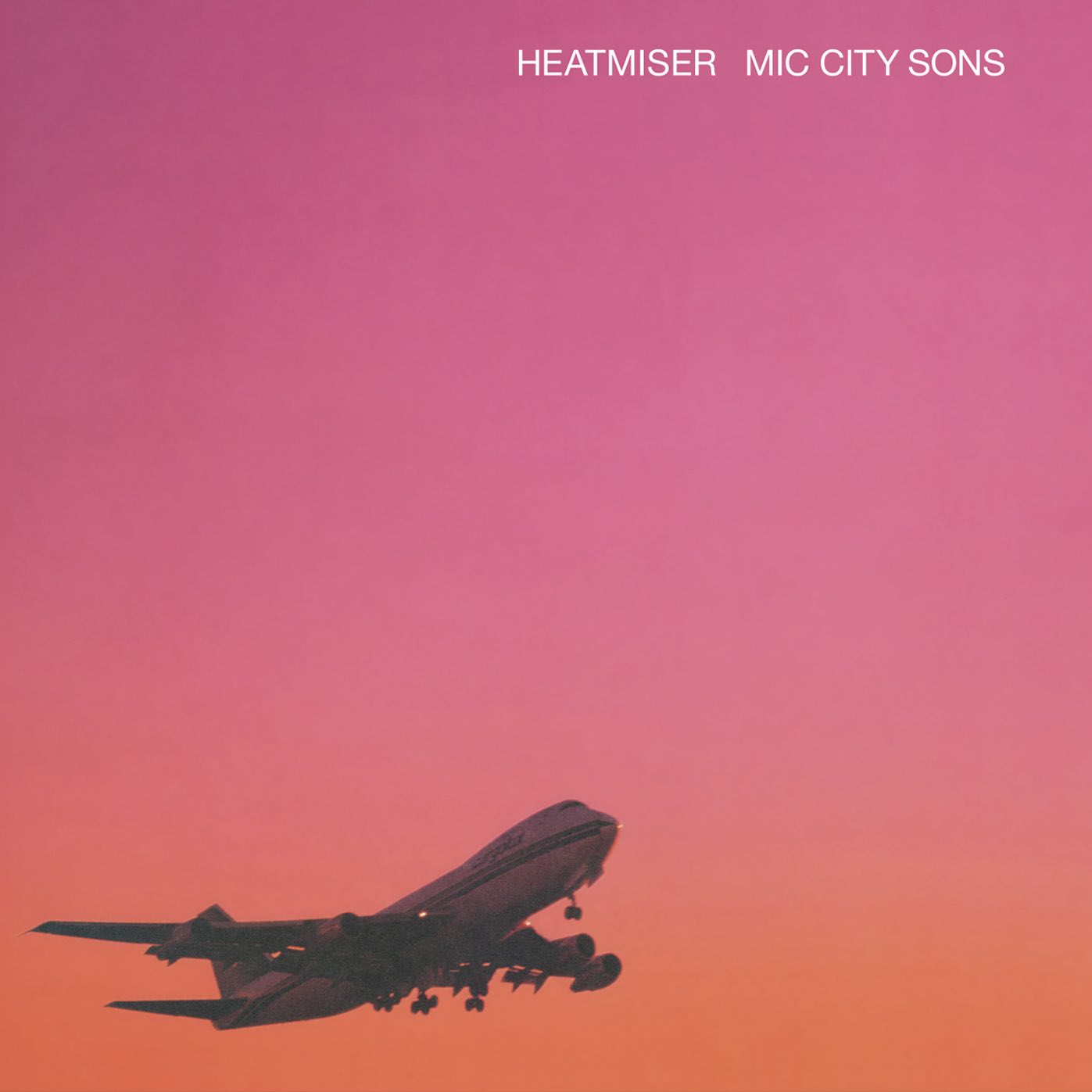Heatmiser
Mic City Sons [30th Anniversary Edition]
THIRD MAN
When a tall tree falls in Portland, and no one’s there to hear it outside the immediate forest, was it ever truly there? Maybe I’m exaggerating, but few outside the scene really knew about the toast of Oregon’s post-hardcore/power-pop leaders until after they busted up following the release of three albums, their co-songwriter Elliott Smith becoming a melancholic hit-making Oscar nominee, and their bassist Sam Coomes turning Quasi. Together, with their other songwriting vocalist and guitarist Neil Gust, Heatmiser cornered the market on rough, racing, glad-to-be-unhappy indie-pop until 1996’s Mic City Sons, an album whereupon the band splintered and cracked like an old sled left too long in the snow. Now, the sound of hand-wringing discombobulation and busted-up pop can be heard—extended as a two-album set—with this 30th anniversary remastering featuring unreleased songs and demos.
It’s often been said that Smith was the cheerier songwriter of the two, that Gust’s music was darker, moodier. Such revisionist history doesn’t sound quite right when you consider Smith’s Nick Drake–like early solo escapades on 1994’s Roman Candle and 1997’s Either/Or. No matter. Heatmiser’s third album is their best, most melodic—even winning—album when it comes to both writers’ work. For Smith, the giddily throbbing “Get Lucky,” the plaintive cooing “Half Right” (a track hidden at the end of the original LP), and the cocksure proper closer “See You Later” are exemplary bursts of caramel-toasted Pop-Rocks-style explosiveness and over-romanticizing lyrics. As for Gust, however, he plays up the edgier side of the Heatmiser equation with the angry likes of “Cruel Reminder,” the wounded “Blue Highway,” and—heard here for the first time—the blunt, factual studio rarity “Silent Treatment.”
By the time of its authorship, Gust and Smith weren’t speaking to each other, and the former turned the latter’s lemons into tart, tough lemonade. That’s what made this band as good as the sum of its parts, and better than some of what Smith would do as a solo artist. Though rife with needy anxiety by the time of his 2000 solo album Figure 8, I believe that Smith thrived on the energy and angst of his (perceived) rivalry with Gust. If anybody had the true push and pull inherent within Good Will Hunting, it was Gust and Smith, not Damon and Affleck. A bolder, rockier version of “Christian Brothers,” threadbare demos of “Get Lucky” and “You Gotta Move”—together with minor-case Kinks-ish masterpieces such as the original album’s centerpiece “Pop in G”—make this re-constructed Heatmiser artifact more alive and more epic in its final testament to Elliott Smith and Neil Gust’s co-joined greatness.







